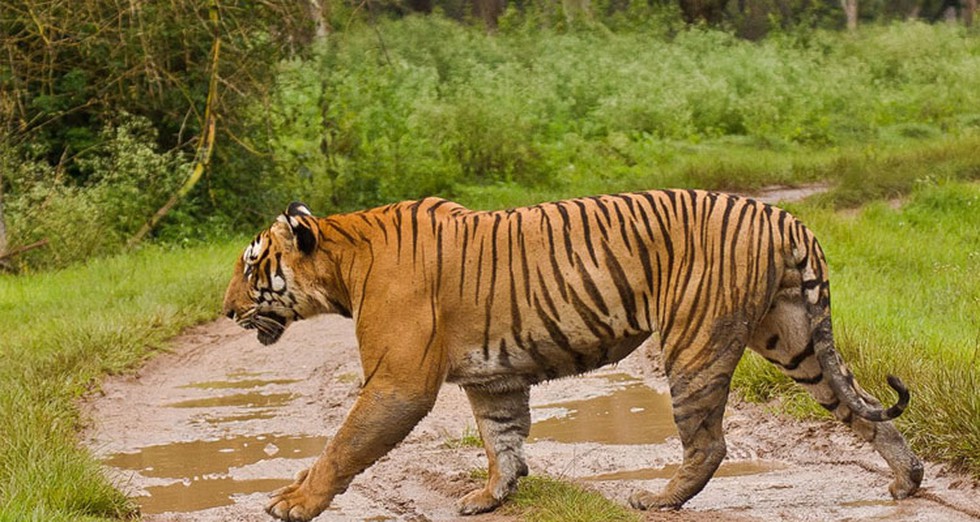A pack of wild dogs, known as Dholes, in Mudumalai Tiger Reserve (MTR) has been afflicted by a severe exfoliating mixed skin infection. This infection poses a significant threat as it could spread to other species within the reserve, including tigers and leopards, and potentially to humans.
Observations:
- Emaciated dholes with no hair in the posterior part of their bodies, including their tails, were observed near Masinagudi checkpost.
- Additionally, eight more affected dogs were spotted in the hydroelectricity tunnel on Singara road.
- The infected animals displayed disoriented and slow movement, with severe manifestations of the infection extending up to the neck and ears and particularly pronounced towards the hind legs.
- Symptoms include hair loss, bleeding, scratches, and neurological manifestations, raising concerns about the possibility of distemper.
Expert Opinion:
- Masinagudi-based Nawab Shafath Ali Khan, secretary of Wild Life Tranqui Force, expressed grave concern over the situation.
- Veterinarians suspect the infection to be a fast-spreading mixed skin infection involving fungal, bacterial, and infestation of Sarcoptic mange and mites.
- Khan suggests that stray dogs from surrounding areas may have introduced the disease to the wildlife population, particularly deer, which could have transmitted it to the dholes.
- There is a significant risk of zoonotic transmission, potentially affecting both carnivores and herbivores, as well as humans.
Response:
- D Venkatesh, the field director of MTR, stated that they have been monitoring the situation for the past two days.
- They believe that the infection may resolve on its own without intervention.
Multiple Choice Questions (MCQs) with Answers:
- What is the primary concern regarding the outbreak of skin infection among wild dogs in Mudumalai Tiger Reserve?
- A) Potential threat to other wildlife species
- B) Possibility of ecosystem imbalance
- C) Risk of habitat destruction
- D) Impact on tourism
- Answer: A) Potential threat to other wildlife species
- Which symptoms were observed in the affected dholes?
- A) Rapid movement and aggression
- B) Hair loss and bleeding
- C) Increased appetite and weight gain
- D) Bright and alert demeanor
- Answer: B) Hair loss and bleeding
- What is the suspected cause of the skin infection among the wild dogs?
- A) Viral outbreak
- B) Exposure to toxic chemicals
- C) Fast-spreading mixed infection involving fungal, bacterial, and infestation of Sarcoptic mange and mites
- D) Genetic predisposition
- Answer: C) Fast-spreading mixed infection involving fungal, bacterial, and infestation of Sarcoptic mange and mites
- Who raised concerns about the potential spread of the infection to humans?
- A) Local authorities
- B) Veterinarians
- C) Wildlife activists
- D) Field director of MTR
- Answer: B) Veterinarians
